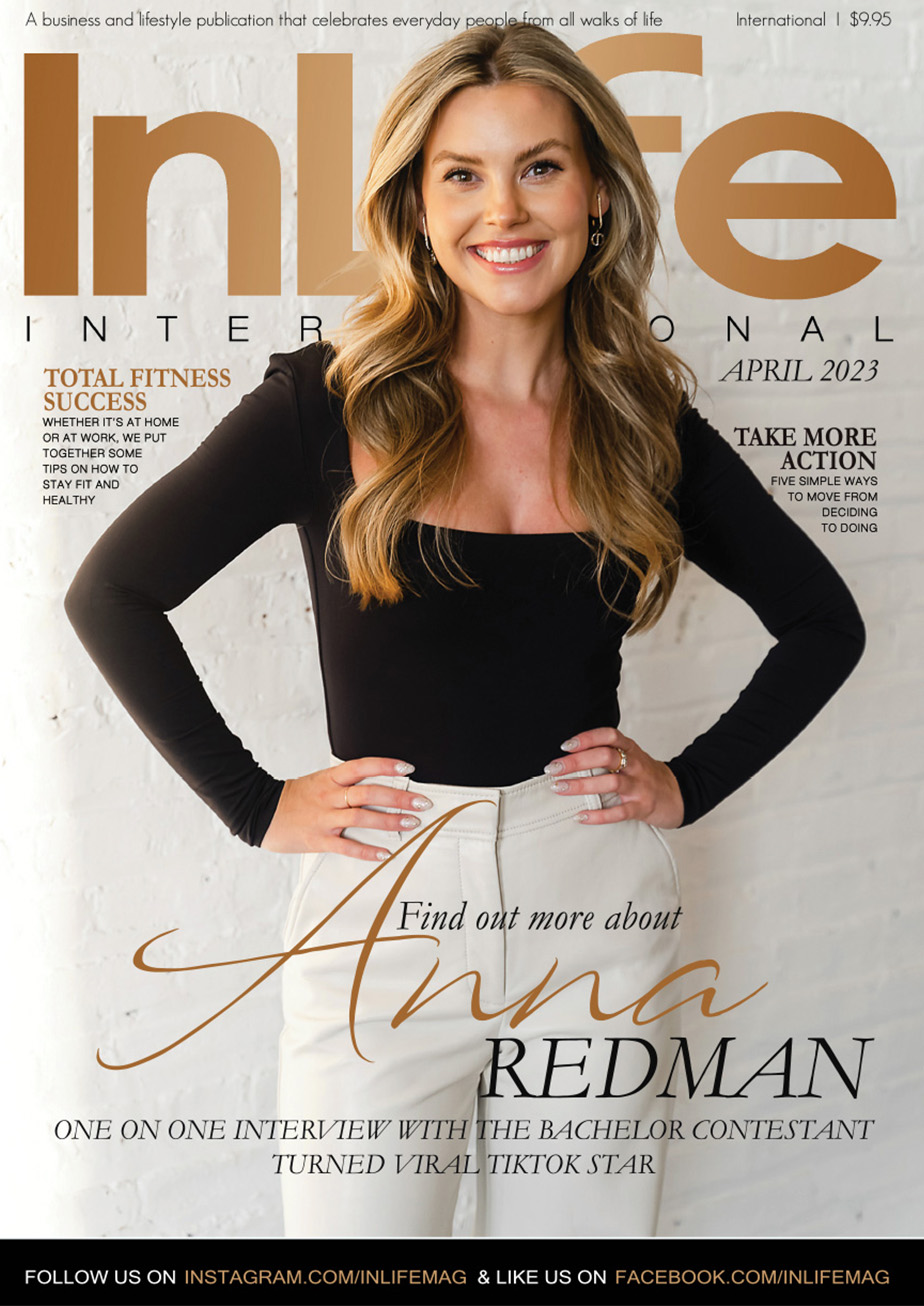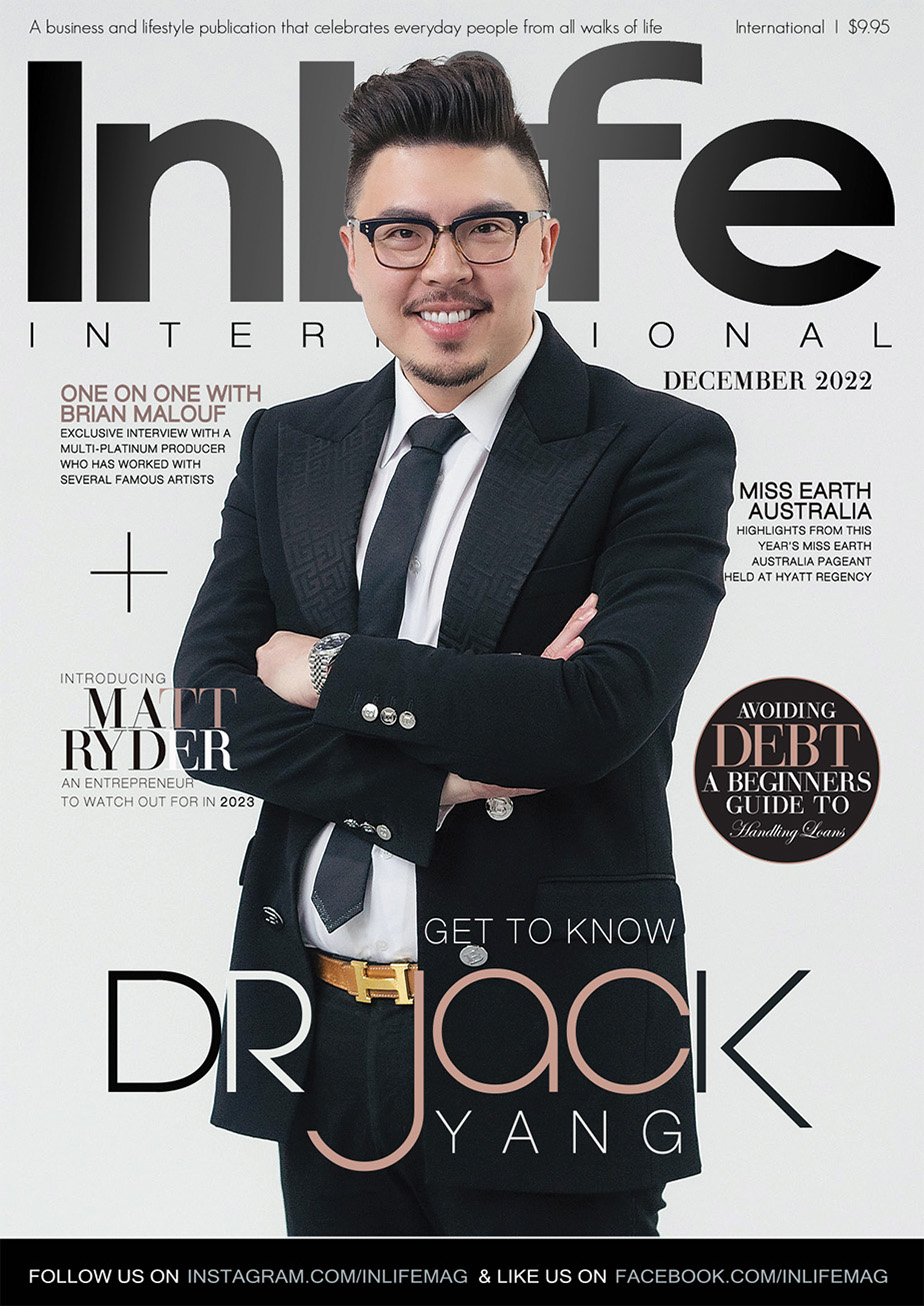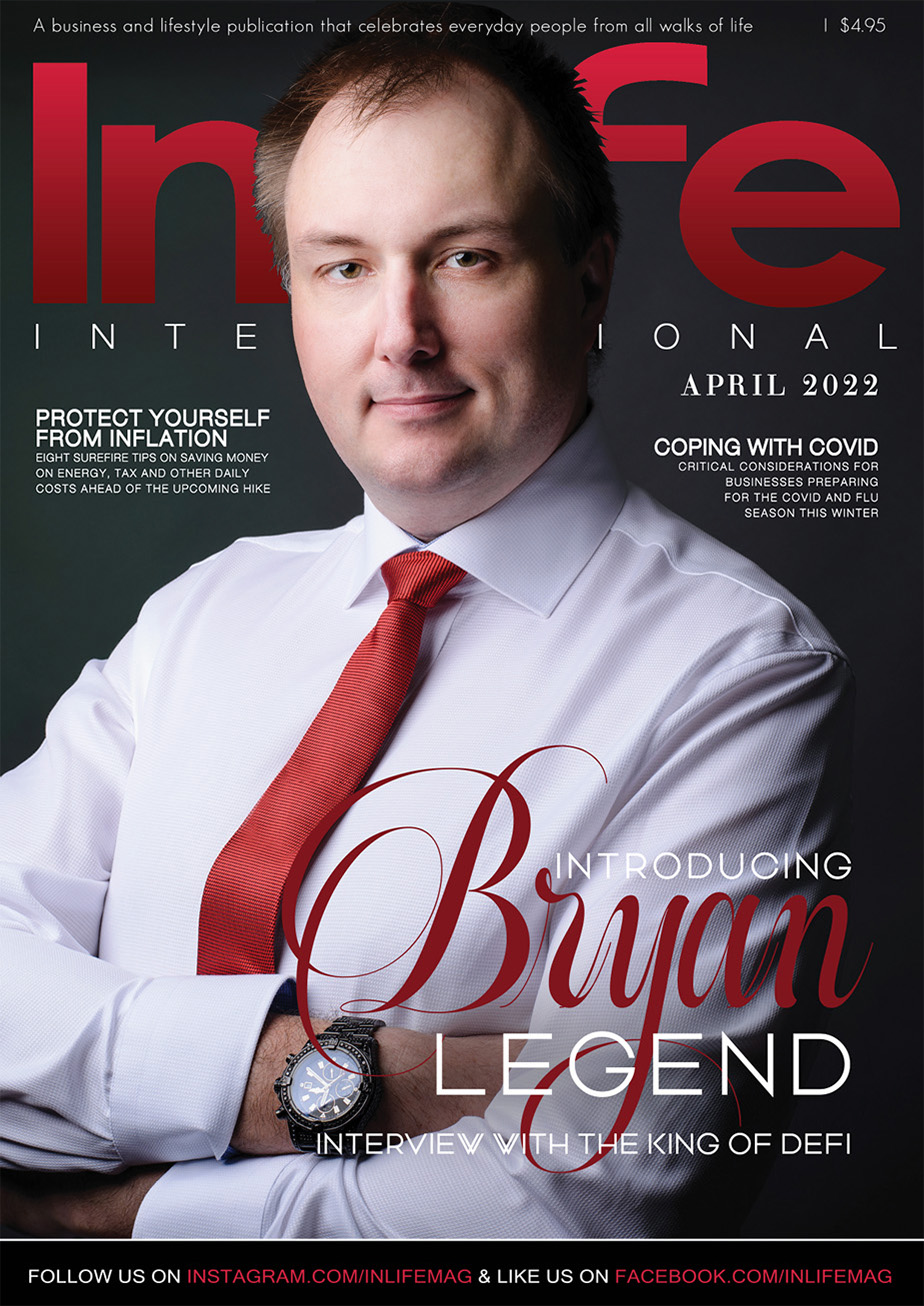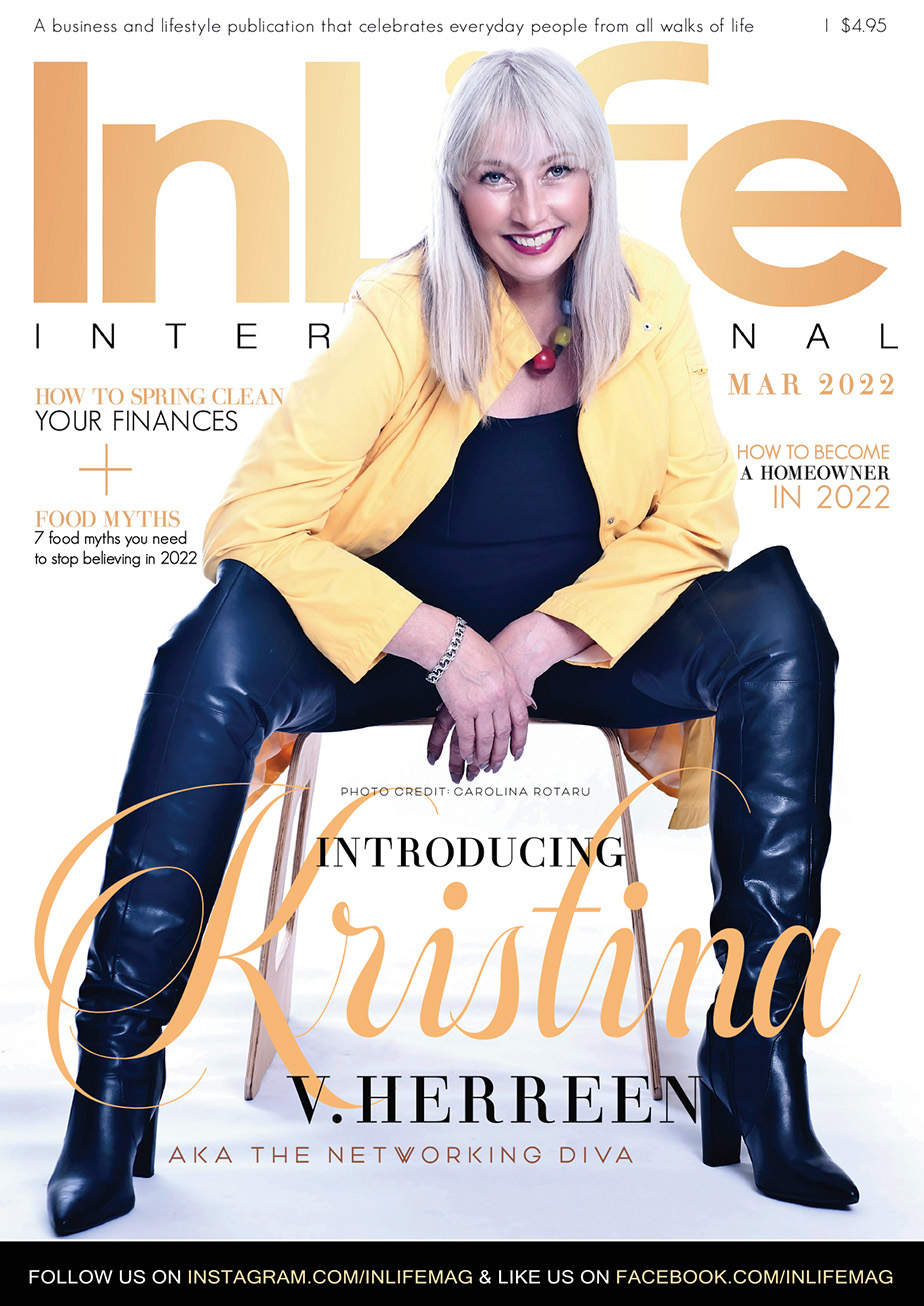Every time I think about the mammoth task of moving all the furniture around, cleaning behind big appliances, or spending a day organising the garage, I want to crawl back into bed. It takes a lot of discipline not to put it off my spring cleaning. But when it’s all done and I bask in the cleanliness of my pristine, organised home, my family and I reap the benefits for months to come.
The same can be said about spring-cleaning your finances. It might not be the most exciting or glamorous task, but spending time sorting out your money situation can set you up for success, less stress and more options in the future.
Here are some tips to get you started:
1. Write down your goals
You work hard for your money – do you know what you want to do with it? It might be something big, like saving for a car, a house, or an overseas holiday. Or it might be something simple like “not running out of money between each pay cheque,” or “getting rid of all my debt.” Whatever they are, write down your goals and put them somewhere you can see them regularly. Having a constant reminder of what you want to achieve in the long run will help you make decisions about where your money goes.
2. Work out where your money’s going
Not knowing where your money goes is like having a leaking pipe in your house. Not only is the leak causing waste, if you don’t find out where that leak is and get it fixed, it’s going to cause a lot of damage in the future.
Gather your bank and credit card statements from the last six months and start sorting your expenses into three categories: essential (e.g. rent, bills, groceries), highly desirable but not essential (e.g. new camera), and nice to haves (e.g. another pair of shoes). If you withdraw a lot of cash and your expenses aren’t in your statements, start keeping a spending diary, or use an app and log each time you buy coffee, lunch or clothes.
This exercise often yields surprises. You might be shocked with how much you spend on unnecessary items, and how much several coffees can add up over time. Once you’ve identified where your money goes, look for things you can cut down on, and set limits on how much you can spend on the second and third categories.
3. Track down your super
If you’ve changed employers but never rolled over your superannuation accounts into one, you’re practically giving away your retirement money. Track down your paperwork or use the Australian Tax Office’s SuperSeeker tool (available on the ATO website) to track down where your money is, and consolidate your accounts to avoid fees.
4. Clear your debt
Gather your bills and loans and write down the interest rates and late fees you might be charged if you don’t pay the whole amount. Aim to repay debts with the highest interest rates or fees. If you have multiple cards, either tackle the smallest debts or consider consolidating them so you only have one set of interest to pay. Pay at least the minimum repayment on anything ‘secured’ against your car or home, so the financial institution doesn’t try to repossesses your asset. If you don’t know where to start when it comes to debt, you can seek help from financial counsellors who provide a free, confidential community service (you can find them on the ASIC hotline 1800 007 007).
5. Automate your budget
Add up your essential expenses over the course of a year (e.g. rent, bills, car registration and insurance, health cover, loan repayments) and average that out according to your pay cycle (weekly, fortnightly, or monthly). Create an account that is used for the purpose of paying bills and automatically deduct that figure from your pay. That way, big payments like car registration or annual fees don’t take you by surprise later in the year.
The next thing to automate is your savings. Whatever is left after you’ve accounted for essential expenses should go towards the goals you set in Step 1. Have money taken out of your pay and automatically put into a high-interest savings account before you even see it (and spend it on something you don’t need!).
6. Create your ‘In Case of Emergency’ folder
Would your loved ones know who to contact or how to handle your finances if anything were to happen to you? To make it a lot easier for them, create a physical “In Case of Emergy” or “ICE” folder that includes your account numbers and login IDs, a list of bills you need to pay each month, superannuation information, and anything else that would need to be handled in your absence. Keep it somewhere secure, be discreet with your labelling (if you’re creating a digital copy, make sure you encrypt or password protect it), and fill your spouse or trusted family member in on the folder’s location.
Need more help?
Check out the Money Smart website, a resource published by the Australian Securities & Investments Commission (ASIC) at www.moneysmart.gov.au
Written by: Joy Adan / image via alluscu.com















